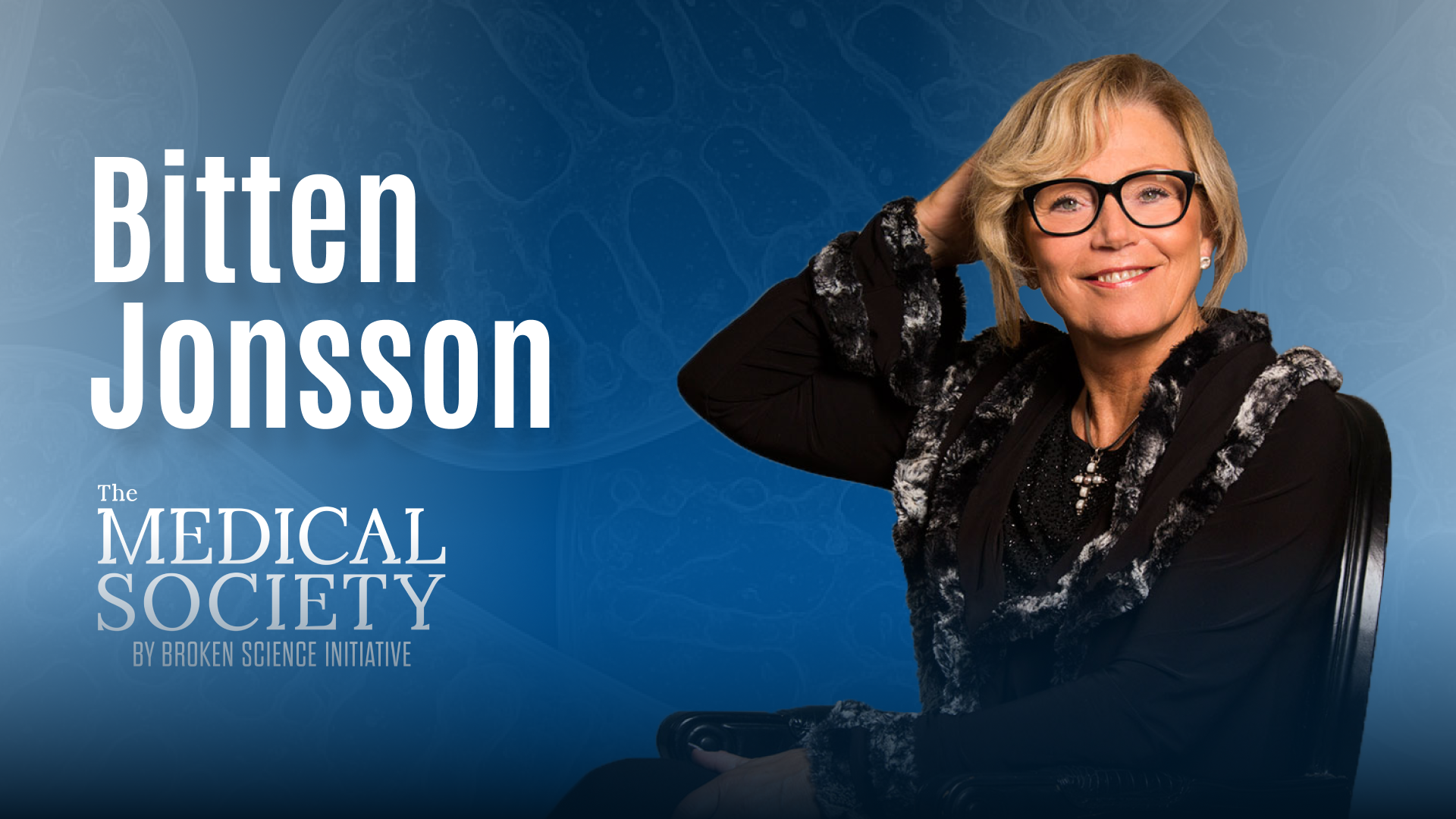In this webinar for the Broken Science Initiative Medical Society, veterinarian and researcher Peter Doberilski discusses his exploration into metabolism, focusing on the “protons hypothesis” and the roles of reactive oxygen species (ROS), protons, and electrons in energy production. Prompted by personal health struggles and early academic exposure, Peter’s curiosity led him to delve deeper into the biochemical differences between glucose and fatty acid metabolism. Through his blog,”Hyperlipid,” he developed and shared a nuanced understanding of how the electron transport chain, influenced by the NADH/FADH2 ratio, affects ROS generation—key players in cellular signaling and energy regulation. His work rethinks the conventional interpretation of ROS and insulin resistance, emphasizing their roles as adaptive, not merely pathological, responses.
Peter also touches on how different dietary fats impact metabolic health. He highlights that insulin resistance can serve as a protective mechanism rather than a purely negative condition, particularly in energy surplus states. Saturated fats may induce insulin resistance but provide a stable energy source, while polyunsaturated fats like linoleic acid enhance insulin sensitivity but may promote fat storage and obesity. His analysis of uncoupling agents and adipocyte function underscores the complexity of fat metabolism.
Peter’s research offers a compelling framework for better understanding obesity and insulin-related disorders.
This BSI Medical Society Webinar was streamed on May 19th, 2025.
A 10-minute summary of the webinar is available here free, for anyone, while the full webinar is available for Medical Society Members in their dashboard.
Let's start with the truth!
Support the Broken Science Initiative.
Subscribe today →
One Comment
Leave A Comment
You must be logged in to post a comment.
recent posts
The iceberg beneath “normal” blood sugar numbers
What Addiction Medicine Missed – and What Bitten Jonsson’s Work Reveals



Would it be possible to share audio-only versions of these webinar summaries, as well as recent talks, on the Broken Science podcast? This would make it easier to listen to content offline and/or while on the go with device screen turned off :) Thanks!